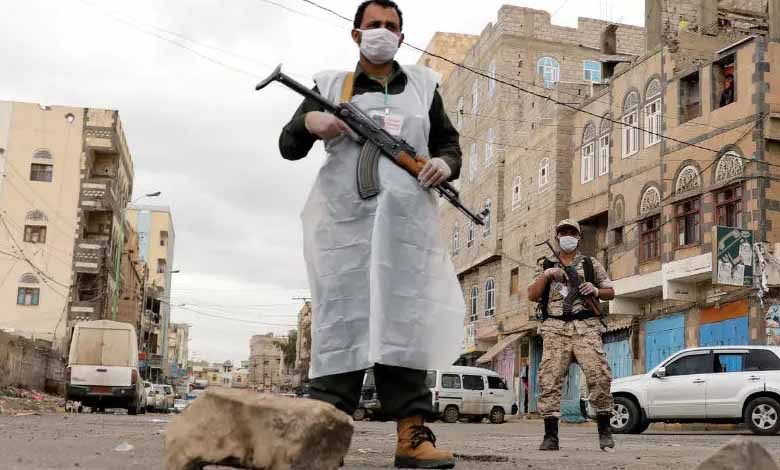Yemen: The increase of Pulmonary TB cases because of the Houthi

During the last few years, tens of thousands of Yemenis alive in insurgency-held zones have been infested by pulmonary tuberculosis (TB) while health centers fight with being poor of important resources that took by Houthi militia leaders.
In fact, Patients with active TB were frequently lived in Houthi-run areas and suffering from poor sanitation and health services. Medics and health staffers in centers specialized in struggling the lung infection in Houthi-controlled zones of Yemen declared that there is an increase in the positive cases, while 40,190 new patients reported in as little as three years. There were infections in the governorates of Sanaa, Ibb, Dhamar, Saadah, Hajjah, Amran and Al Mahwit.
Furtehrmore, the lung illness increase in 2019 with 15,355 infections recorded during a single year. Also, the number of cases discovered in 2018 and 2020 mounted at 11,885 and 12,950 respectively. However, doctors alert that the numbers are not exact, and there are high chances of the detection of others.
When they spoke to Asharq Al-Awsat on condition of anonymity, certain health workers affirmed that the increase in cases would be attributed to the war launched by Iran-backed Houthi militias that include the looting, pillaging and extortion of health centers.
Moreover, many treatment centers, hospitals and clinics have been systematically targeted by consecutive extorting and illegal tariffs imposed by Houthis. Sources affirmed that the Iran-backed militia has detained the funds of four important programs for disease and epidemic control.
It should indicate that one of the damaged programs was used to treating pulmonary TB patients and showing consciousness about the disease. It presented inexpensive medication and laboratory testing for poor patients around 305 districts.
A report released in 2017 by the World Health Organization (WHO) described TB as one of the top 10 reasons of death worldwide. In 2016, TB caused the death of 1.7 million people around the world.
Regarding drug-resistant TB, the WHO valued the prevalence of that type of infection at a percentage of 2.3% in Yemeni patients who didn’t receive any treatment and at a percentage of 18% among those previously treated for TB.












